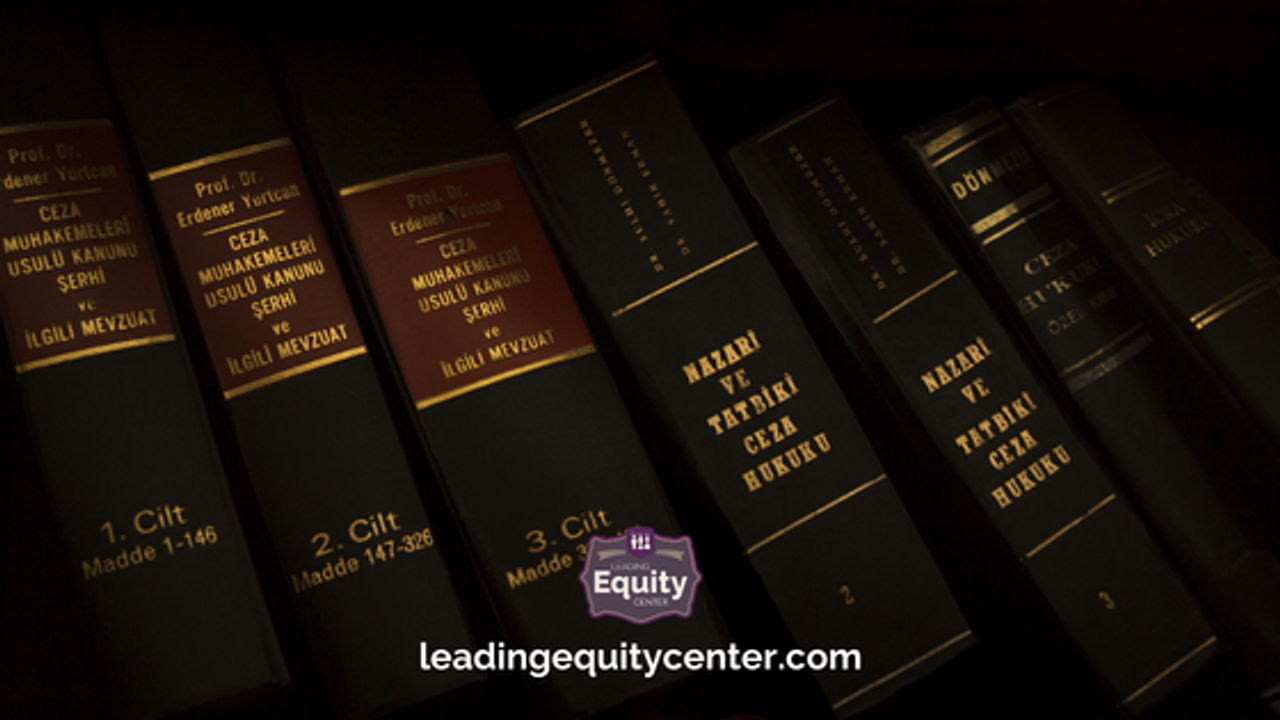What happens when laws prohibit us from seeing students for who they are?

Hey Advocates,
Lately, in education, I've heard a lot of conversations regarding the inclusion of LGBTQ+ students, specifically transgender students in sports, Critical Race Theory in K-12 education, and the implications of the recent student loan forgiveness plan by the Biden Administration. My thoughts are coming. Hang with me.
It is a disservice to not talk about diversity in the classroom, whether it's racial, cultural, gender, etc. At this point, depending on what part of the country you are in, you are either advocating for these communities and theories that allow individuals to be seen holistically, or you're on the opposite side. As Django Paris and H. Samy Alim point out in their book, Culturally Sustaining Pedagogies: Teaching and Learning for Justice in a Changing World (which, if you've been following the Weekend Voice, you know it was on my summer reading lists), "there must be a pedagogy that disrupts.. a schooling system centered on ideologies of White, middle-class, monolingual, cis-hetero patriarchal, able-bodied superiority." I agree with this statement, and I ask, when does this become a reality? What happens when we cannot agree that race and gender affect our daily lives? We can't even agree to value each other equally as human beings.
Last week, I discussed "How to Advocate for LGBTQ+ Students in Our Schools." with Farnaz Kaufman on the Art of Advocacy. Our LGBTQ+ students need our support. States like Florida have proven time and time again that they are in opposition to valuing specific identities and will go to lengths to oppress our LGBTQ+ community. Even in Arizona, I read legislation explicitly banning transgender youth from sports and obtaining specific medical care. And, in yesterday's news, the "Florida Department of Education amends rule to strip licenses of K-3 teachers who discuss gender identity," which makes it much more complicated for us to do.
The Florida State Board of Education recently adopted new rules to their "Principles of Professional Conduct for the Education Profession," which explicitly states that teachers "shall not intentionally provide classroom instruction to students in kindergarten through grade 3 on sexual orientation or gender identity." If a teacher were to violate "any of these principles shall subject the individual to revocation or suspension of the individual educator's certificate, or the other penalties as provided by law."
Our roles as educators keep shifting, and it's challenging to keep up with everything as the laws and legislation can change quickly, as has been the case in Florida and Virginia. The legislation defines what our roles are and how we are to treat our students.
What happens when laws prohibit us from seeing students for who they are? Or from not talking about the things they observe outside of the classroom yet still impacting their daily lives? What I do know is that it highlights why social justice leadership is essential and why we must continue to advocate for all of our students.
On another note, last night on the Art of Advocacy, Dr. Verenice Guitierrez shared her strategies for systematizing equity work with me. I learned a lot from this conversation. Check it out and subscribe to the channel.
Content created this week:
Show Highlights
- Challenges in STEM for Latin@ students
- Language support for all families
- Recruitment and retention
- Unique experiences
- Recommendations for STEM programs
Show Highlights
- The impact of Eugenics on policies and practices
- Assessments created to promote a superior race
- Alternative assessment options
- Hacking Deficit Thinking
Session Description
In this session, participants will be given concrete steps they can take to ensure that equity work is systematized within their organization. These steps are not the only approach to engaging in organization-wide equity work, but it is essential to ensure that the work is systematized rather than done in pockets.
That's all for this week,
- Sheldon




